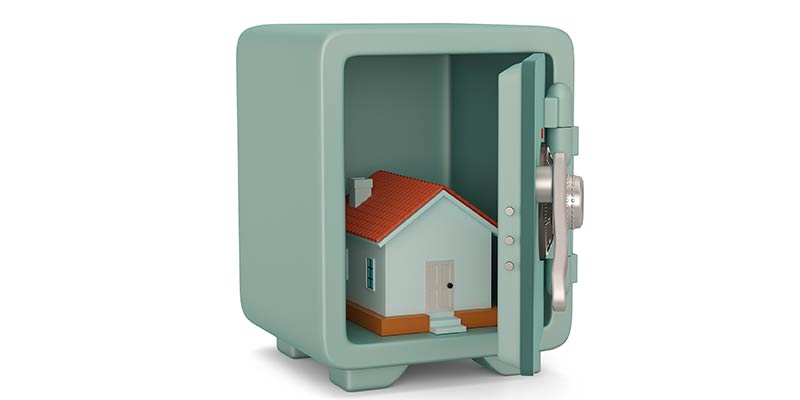Delaware Statutory Trust Investor Liability

The following are some of the main limits and restrictions on personal liabilities for investors:
The debts of DSTs are generally non-recourse debt.

Although investors do not want their investments to fail, the fact that their own property and assets are protected is a great feature of DSTs. As stated above, if the DST fails, the lending institution will only be able to recover from the subject property. This means that the lending institution cannot touch any of the investors’ property and assets.

This fact that most of the debts of DSTs are non-recourse debt is attractive to investors because if investors attempted to acquire the same property in their individual capacities, the debt would be recourse debt. In other words, investors who acquired the same property on their own would be personally liable for the repayment to the lending institution. By using DSTs, investors are able to invest in and benefit from similar properties without the exposure to personal liabilities.

Additionally, investors of the DST are not required to sign any guarantees with any of the financing needed for the DST to obtain the property or properties. This is another reason why investors of the DST enjoy the benefit of non-recourse debt. Similar to the above, investors who were investing into the same type of property outside of a DST would likely have to sign a personal guarantee in order to obtain the financing and the property.
DSTs are afforded the same limited liability protections as corporations or limited liability companies.
Another important feature has to do with any liability that is incurred by the DST, its trustees and its agents. Since the DST, through its trustee and agents, will be managing properties, there is the chance of liabilities arising from the relationship between the DST and the tenants. Thus, if the DST incurs liability to any of its tenants, investors will also be shielded from any personal liability.
DSTs are bankruptcy remote.
One main characteristic about DSTs is that its trust document will contain a bankruptcy-remote provision. Generally, the bankruptcy-remote provision will offer two benefits to the investors of the DST. One, this provision will protect investors in the event that the DST fails and files for bankruptcy. If the DST does fail and files for bankruptcy, the DST’s creditors will only be able to touch and reach the assets held by the DST and as outlined in the DST’s governing document. Therefore, as stated earlier, the most that investors should expect to lose in the event that the DST fails is their initial investment into the DST.

One, this provision will protect investors in the event that the DST fails and files for bankruptcy. If the DST does fail and files for bankruptcy, the DST’s creditors will only be able to touch and reach the assets held by the DST and as outlined in the DST’s governing document. Therefore, as stated earlier, the most that investors should expect to lose in the event that the DST fails is their initial investment into the DST.

Secondly, the bankruptcy-remote provision protects investors from the debts, liabilities, and creditors of other investors in the DST. This means that the creditors of any investor of the DST will not be able to reach and touch the assets of the DST including the subject property or properties. This provides the DST and more importantly the investors, assurances that even if one or more of the beneficial owners goes bankrupt, the property or properties held by the DST will be safe. Both of these benefits from the bankruptcy-remote provision give investors the assurances and peace of mind that their own personal assets are safe and cannot be reached by the creditors of the DST and each individual investor.
MAKE AN APPOINTMENT REQUEST
Select which days work best for you, and we will get back to you. Mandatory fields are marked with an asterisk (*).
